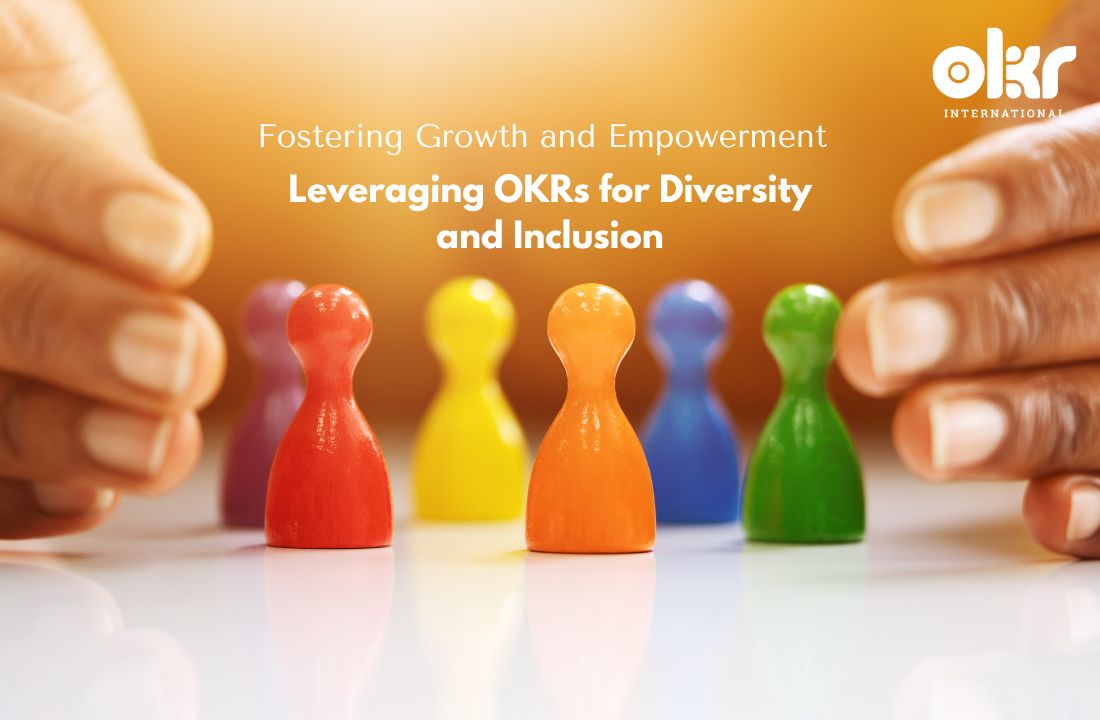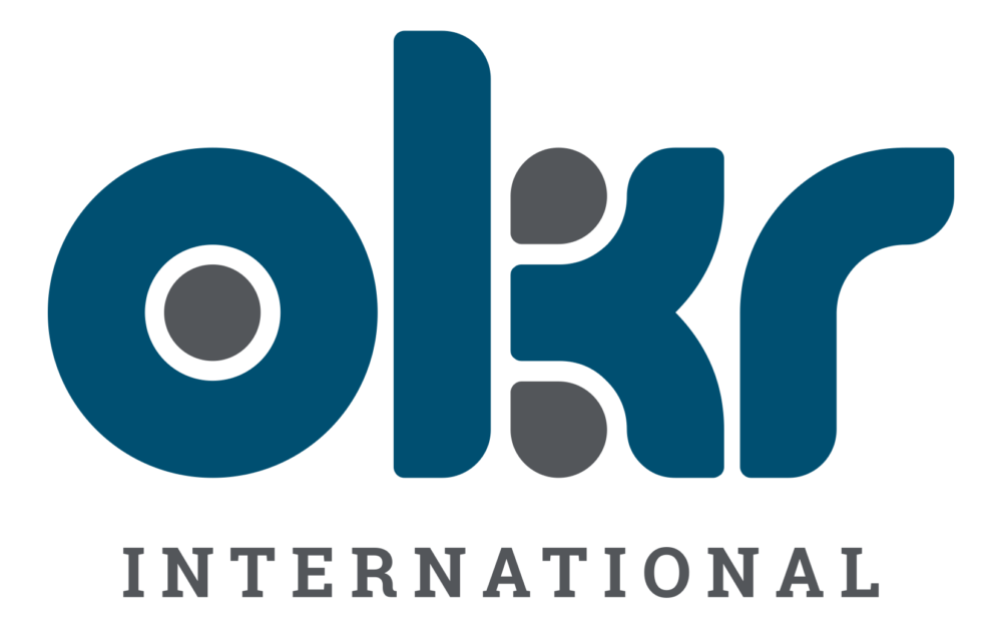Introduction
At OKR International, we firmly believe in the power of diversity and inclusion to drive innovation, enhance company culture, and foster overall success. In today’s interconnected world, organizations must recognize the importance of embracing diversity and implementing effective strategies to promote inclusivity. In this article, we will delve into the concept of OKRs (Objectives and Key Results) and explore how they can be utilized as a powerful tool to not only measure progress but also cultivate diversity and inclusion within your organization.
Understanding OKRs: A Brief Overview
Before we delve into the specific application of OKRs for diversity and inclusion, let’s briefly recap what OKRs are. OKRs are a goal-setting framework popularized by companies like Google, Intel, and LinkedIn. The framework involves setting ambitious objectives and defining key results that serve as measurable milestones towards achieving those objectives.
OKRs operate on a principle of transparency, alignment, and accountability. They encourage cross-functional collaboration, focus on outcomes rather than tasks, and foster a culture of continuous improvement. By leveraging OKRs effectively, organizations can align individual and team efforts with broader company goals, enhance productivity, and drive success.
The Significance of Diversity and Inclusion
Diversity and inclusion are not mere buzzwords but crucial components of a thriving and forward-thinking organization. Embracing diversity encompasses a wide range of dimensions, including but not limited to gender, race, ethnicity, age, sexual orientation, disabilities, and socio-economic backgrounds. Inclusive workplaces are those where individuals from diverse backgrounds feel valued, respected, and have equal opportunities to contribute and grow.
Research has consistently shown that diverse teams drive innovation, problem-solving, and overall business performance. Embracing diversity and fostering inclusion is not only the right thing to do but also a strategic imperative in today’s competitive landscape. With that in mind, let’s explore how OKRs can be harnessed to promote diversity and inclusion within your organization.
OKRs as a Catalyst for Diversity and Inclusion
Objective 1: Cultivating a Diverse Workforce
Key Result 1: Increase diversity in recruitment efforts by implementing inclusive hiring practices, expanding talent pools, and establishing partnerships with diverse professional networks and organizations.
Key Result 2: Enhance diversity in leadership positions by implementing targeted development programs, mentorship initiatives, and succession planning strategies.
Key Result 3: Foster an inclusive culture that celebrates diversity through regular diversity and inclusion training, awareness campaigns, and employee resource groups.
By setting these objectives and key results, organizations can create a roadmap to actively cultivate a diverse workforce and ensure that individuals from all backgrounds have equal opportunities for growth and advancement.
Objective 2: Fostering an Inclusive Work Environment
Key Result 1: Conduct regular diversity and inclusion surveys and leverage the feedback to identify areas for improvement and develop targeted action plans.
Key Result 2: Implement policies and practices that promote work-life balance, accommodate diverse needs, and ensure equal access to resources and opportunities.
Key Result 3: Establish a zero-tolerance policy for discrimination, harassment, and bias, while also providing robust mechanisms for reporting and addressing such issues.
By setting these objectives and key results, organizations can create an inclusive work environment that values and respects the unique perspectives, experiences, and contributions of all employees.
The Benefits of OKRs for Diversity and Inclusion
Implementing OKRs for diversity and inclusion can yield numerous benefits for your organization. Let’s explore some of the key advantages:
- Enhanced Employee Engagement: When employees feel valued and included, their engagement levels increase, leading to higher productivity, creativity, and overall job satisfaction.
- Improved Decision-Making: Diverse teams bring a wide range of perspectives, insights, and experiences to the table, resulting in better decision-making and problem-solving abilities.
- Attracting Top Talent: Organizations that prioritize diversity and inclusion are more likely to attract and retain top talent, as individuals are increasingly seeking inclusive work environments that align with their values.
- Increased Innovation: A diverse workforce fosters a culture of innovation, as individuals with different backgrounds and perspectives bring fresh ideas and approaches to the table.
- Expanded Market Reach: By embracing diversity and promoting inclusion, organizations can better connect with diverse customer bases, gain valuable insights, and create products and services that cater to a wider audience.
Conclusion
Diversity and inclusion are not just checkboxes to be marked off; they are integral to the success and sustainability of modern organizations. By leveraging the power of OKRs, organizations can effectively measure, track, and drive progress in their diversity and inclusion initiatives. Embracing diversity, fostering an inclusive work environment, and setting clear objectives and key results will empower your organization to cultivate a culture of growth, innovation, and empowerment.
Remember, the journey towards diversity and inclusion is ongoing. Continuously reassess your OKRs, adapt your strategies, and collaborate with your employees to create a workplace where everyone feels welcome, valued, and empowered to reach their full potential.
Note: This article is intended as a guide to understanding the potential application of OKRs for diversity and inclusion and is not an exhaustive implementation plan. Organizations should tailor their OKRs to their specific needs, culture, and goals, while also considering the expertise of HR professionals and diversity and inclusion specialists.
OKR International: Your Partner in Success
When you choose OKR International, you are not just selecting a training provider, but a partner in your journey towards professional excellence. With their cutting-edge OKR Coach Certification program, they offer unparalleled support and guidance, equipping you with the skills to drive success within your organization.
C-OKRP™
OKR Coach Certification
- 16 Credit Hours from ICF/HRCI
- 2 Days Immersive learning
- Digitally Verified Badge
OKR-FC™
Laser-Focused 2.5 Hours on OKRs
- Great to get started with OKRs
- Ideal to create awareness across organization
- Digitally Verified Badge



